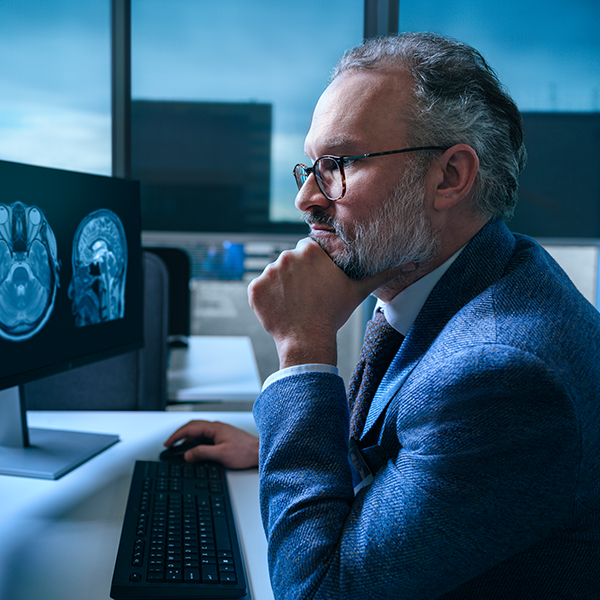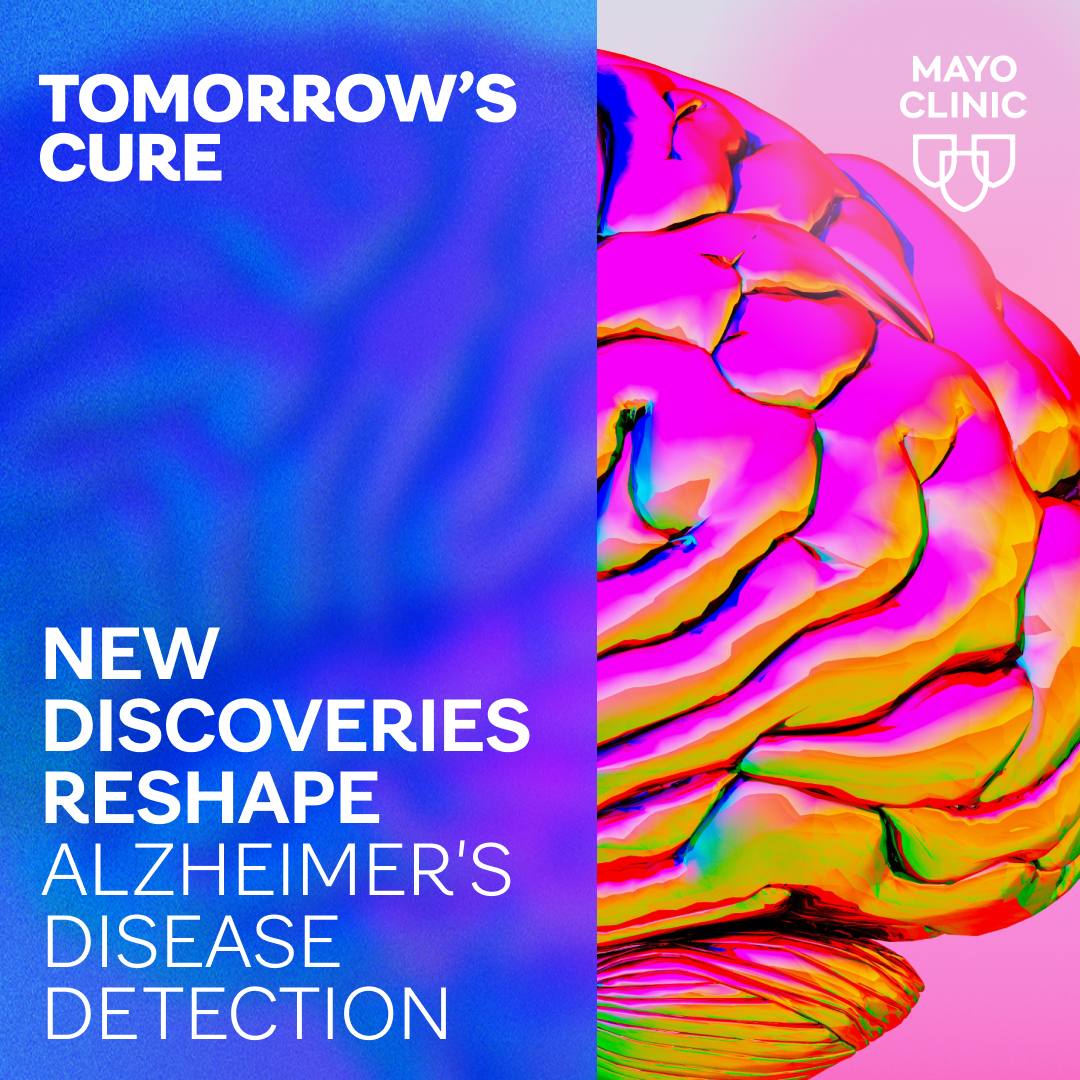Severe damage to the brachial plexus — the group of nerves that control the movements of your hands, arms and wrists — can leave your entire hand and arm paralyzed.
While sports injuries, cancer and radiation therapy are risk factors for damage to the brachial plexus, motorcycle accidents account for nearly 70% of injuries that may need surgical intervention.
Dr. Shelley Noland, a Mayo Clinic hand and peripheral nerve surgeon, has more on surgical options to treat brachial plexus injuries.
Watch: The Mayo Clinic Minute
Journalists: Broadcast-quality video pkg (1:00) is in the downloads at the end of the post. Please courtesy: "Mayo Clinic News Network." Read the script.
As nerves exit the spinal cord and enter the arm, they form what is called the brachial plexus.
"This collection of nerves powers the entire arm and hand, so it provides all of the motor function to the arm and hand, and all the capabilities of the arm and hand are powered by the brachial plexus," says Dr. Noland.
Damage to these nerves needs to be cared for in a timely manner to avoid problems. Dr. Noland says if too much time has passed, then the options become more limited for repair and reconstruction.
Treatment options
The most common surgical options are nerve reconstruction, nerve repair, nerve grafting and nerve transfers.
"We treat brachial plexus injuries primarily through the use of what's called a nerve transfer. And a nerve transfer can be thought of as rewiring the injured nerves with good nerves that are nearby and functioning, but also expendable," says Dr. Noland.
Postoperative rehabilitation or physical therapy are crucial to healing.
"That includes what I like to think of as rewiring the brain and training the brain for the new function. So essentially training one nerve to perform the function of another nerve," she says.
Read more:








